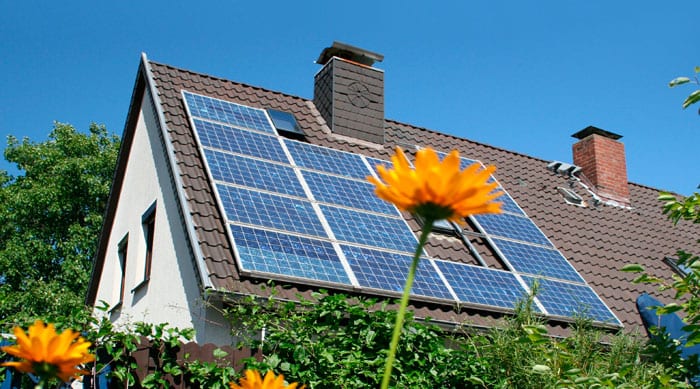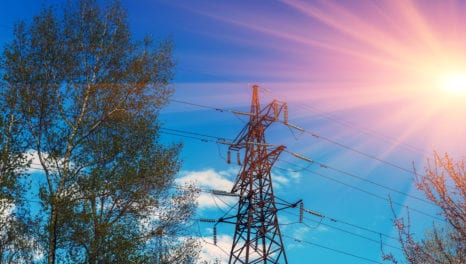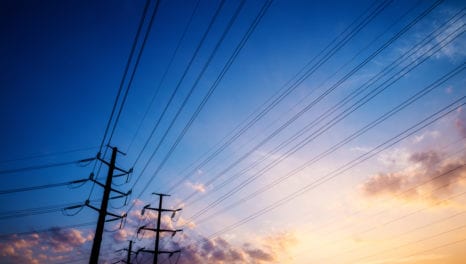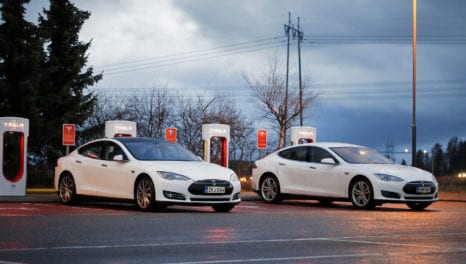WPD: DSR needs 70% deployment to avoid network reinforcement
Western Power Distribution (WPD) has concluded that domestic energy storage and demand response technologies are not a primary route to defer network reinforcement costs from the findings of its £2.8 million SoLa Bristol project.
25th May 2016 by Networks

This is due to the 60-70% deployment rate that would be needed for a return on investment that would defer the need for traditional reinforcement.
WPD partnered with Bristol City Council, Siemens, the University of Bath and Knowle West Media Centre to deliver the trial of energy storage with demand side response.
WPD said the project also found that maintaining customer engagement and tailoring the technology to each customer is essential for storage to work.
It managed to maintain interest and achieve behavioural change among the trial’s participants, but said it was a “challenging and resource-heavy effort.”
The project trialled the battery storage devices in 26 Knowle West based council-owned homes, five schools and an office block. Participants were able to store power generated by solar panels during the day to power a DC lighting system when needed.
Participants also benefitted from a smart tariff deal which allowed them to export stored energy at peak times onto the electricity grid.
The project, which completed in March this year, was funded by the Low Carbon Network Fund.
WPD future networks manager Roger Hey said: “We are really pleased with the results of this project and enormously grateful to our project partners and the Knowle West community for their time and efforts supporting SoLa Bristol.”
The trialled systems have now moved to the Smart Grid teaching and research laboratories at the University of Bath so the university can continue with the path already established by the SoLa Bristol project.
Comments
Login on register to comment
Related content

Power
The future for vegetation management
Why networks should focus on data not trees to overcome the costly challenges involved in vegetation management

Power
An unprecedented opportunity for change
Why short interruptions will matter in RIIO-ED2 and how to address them.

Power
Time for less talk and more action on decarbonisation
Core "oven-ready" solutions to decarbonising heat and transport exist today and should be implemented without delay, says WPD's future power networks expert.
Related supplier content
![‘Learning by doing’ on the road to net zero [test product]](https://networksonline.s3.amazonaws.com/products/images/3.jpg)
People & Skills
‘Learning by doing’ on the road to net zero [test product]
DSO director Andrew Roper discusses 'Learning by doing'

Power
Load patterns and lockdown: how Covid-19 is impacting electricity networks
Insights into dynamics on the low voltage network as the outbreak unfolds

Heat
How E.ON. is helping the City of London become a zero emissions city
Discover Citigen. Deep in the heart of our bustling capital